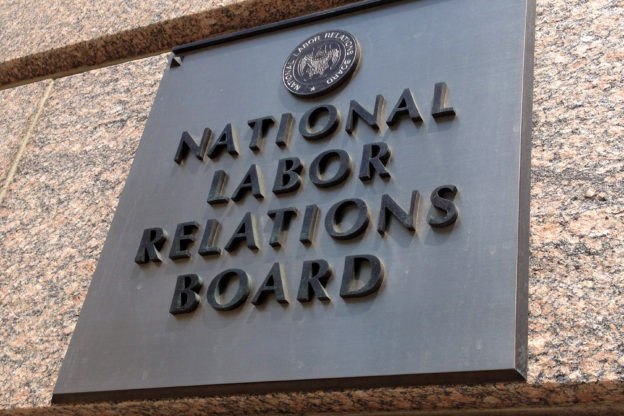By Devra Hake and Laurie Rogers, Holland & Hart LLP

Laurie Rogers
On Tuesday, September 22, the United States Department of Labor’s Wage and Hour Division announced a proposed rule that clarifies whether a worker is an employee or an independent contractor under the Fair Labor Standards Act (FLSA). The proposed rule adds a new Part 795 to the Code of Federal Regulations. Employees are subject to the FLSA’s minimum wage and overtime protections, whereas independent contractors are not. In the past, courts across the nation have implemented varying multifactor tests to determine whether workers are employees or independent contractors. These tests can be unwieldy and make it challenging for companies to predict outcomes. The Department of Labor’s proposed rule clarifies that the department will use the “economic reality test,” and it identifies two core factors and three guideposts that make up the test. The economic reality test is more business-friendly and makes it easier for employers to classify workers as independent contractors.
The Economic Reality Test
The “economic reality test” is a test to determine whether a worker is economically dependent on a company for work or if the worker is in business for him or herself. If the worker is economically dependent, the worker is an employee. If the worker is in business for him or herself, the worker is an independent contractor. The proposed rule identifies two “core factors” that should be considered when deciding whether a worker is economically dependent:
- The nature and degree of the worker’s control over the work. To the extent the worker exercises substantial control over the performance of the work, including setting work hours and selecting work projects, this factor weighs in favor of the worker being an independent contractor. To the extent the putative employer exercises substantial control over the performance of the work, including controlling work hours, workload, and requiring exclusivity, this factor weighs toward the worker being an employee.
- The worker’s opportunity for profit or loss based on initiative and/or investment. To the extent a worker has an opportunity to earn more or less profit based on the worker’s own investment in the business or initiative (for example, business acumen or skill), the factor weighs toward independent contractor status. To the extent a worker’s profit or loss is based on the worker’s ability to work more efficiently or the putative employer giving the employee more or less hours, this factor favors classification of the worker as an employee.
Read more >>












